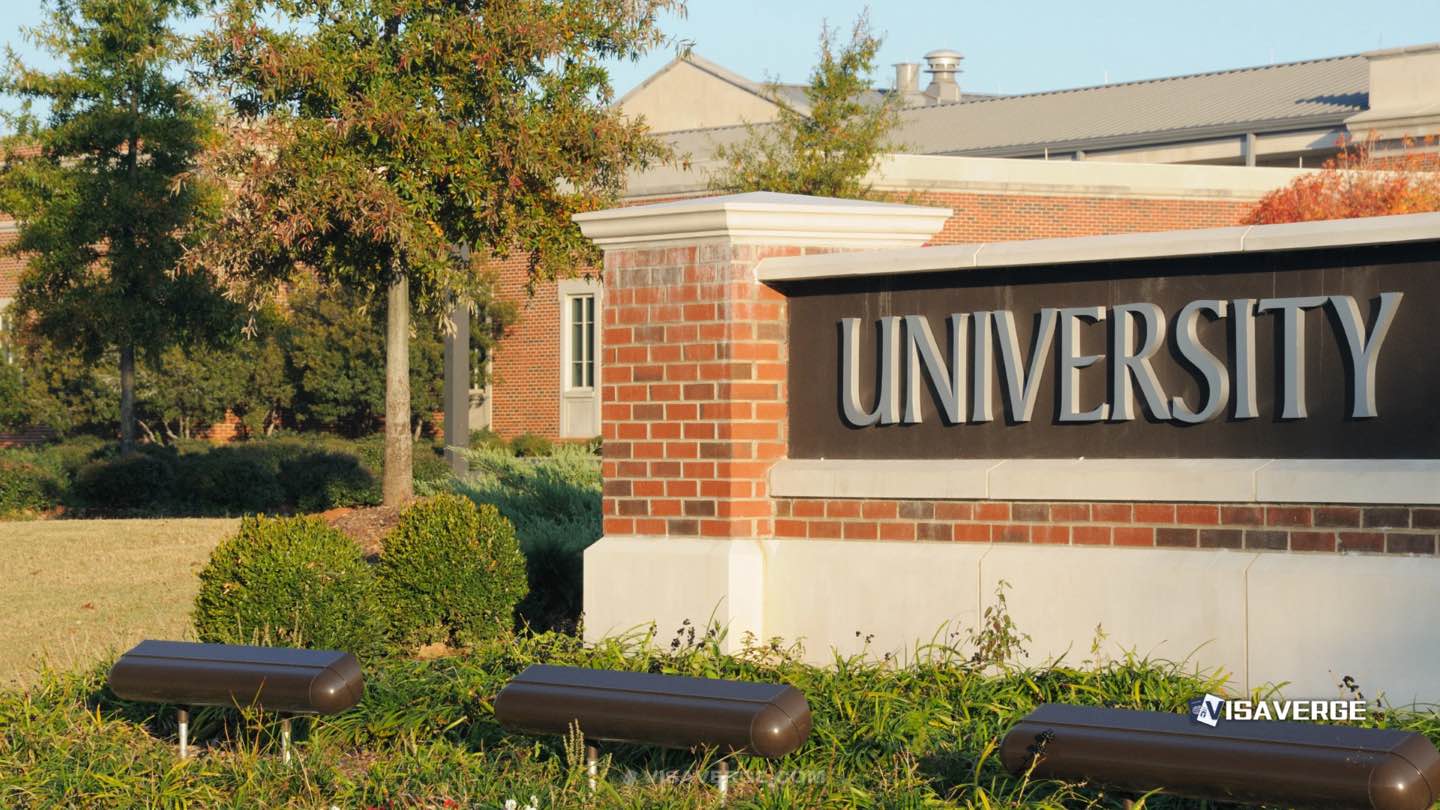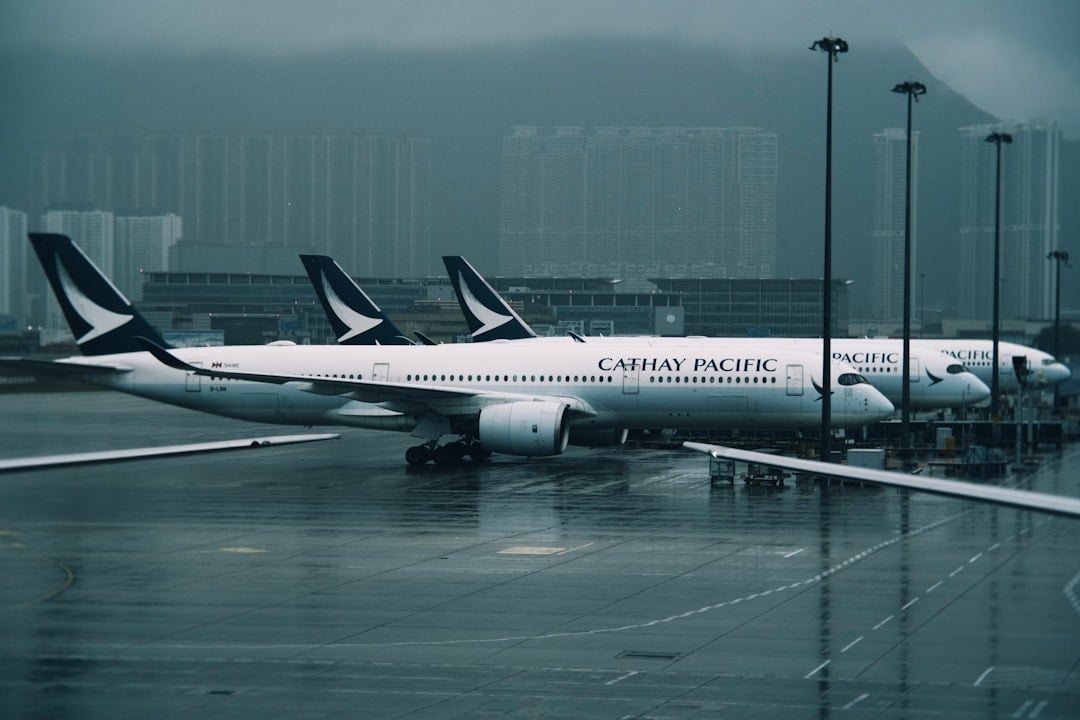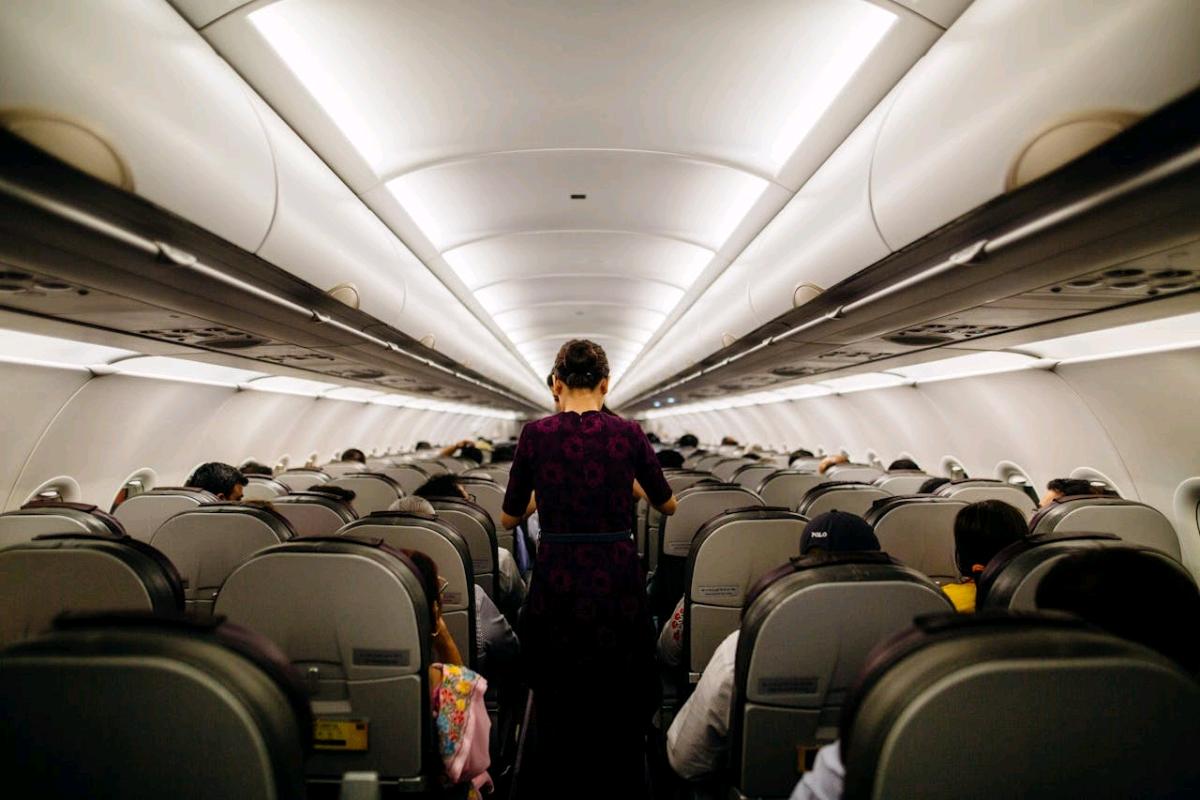Key Takeaways
• Nearly 700 cadets joined since 2018; over 100 completed the program with Spartan College and American Airlines.
• Students can earn a degree and a restricted ATP certificate in 17 months, reducing flight hour requirements to 1,250.
• The program offers targeted financial aid and experienced pilot mentors, smoothing the path to airline pilot careers.
Spartan Education Group and American Airlines: Shaping the Future of Pilot Training
Spartan Education Group (SEG) recently took part in a workshop hosted by the American Airlines Cadet Academy, drawing attention from leaders in pilot recruitment and flight education. The meeting placed a strong focus on building even closer partnerships and finding new pathways for people who want to become airline pilots. As demand for airline pilots grows, SEG and American Airlines want to make sure pilot training programs help students succeed and meet the needs of the aviation industry.

A Stronger Bond in Pilot Education
The recent workshop brought together SEG’s Chief Operating Officer and key decision-makers from American Airlines’ pilot recruitment and training teams. Together, they looked at how their partnership can be improved, making it easier for students to become well-trained pilots. They discussed ways to help students from the start of their training all the way through to getting jobs with airlines.
During these talks, SEG’s leaders and American Airlines stressed the importance of working closely together. They want to make the journey from classroom to cockpit as clear and simple as possible. By finding new ways to support students—especially those who might find pilot training too expensive or hard to access—they hope to make aviation careers more reachable.
The Importance of College Partnerships
Spartan College of Aeronautics and Technology, which is part of Spartan Education Group, was named as the first college partner for the American Airlines Cadet Academy. This partnership is a major leap forward because it blends college education with hands-on pilot training. Students can now earn an Associate of Applied Science degree in Aviation Flight at Spartan College, at the same time as they work toward their Federal Aviation Administration (FAA) certificates.
This means students do not have to choose between earning a degree and learning how to fly. Instead, the process combines both sides, helping them build the knowledge and skills airlines look for in new pilots. Through this setup, students are not only ready to fly but also have a college education, making them more competitive in the industry.
How the Program Works
The program between Spartan Education Group and the American Airlines Cadet Academy offers several unique features:
- Students can complete both their college degree and pilot training in as little as 17 months.
- Once they finish, they are eligible for a special certificate, called a restricted Airline Transport Pilot (ATP) certificate, with 1,250 flight hours—lower than the standard 1,500 hours usually required.
- Students get help from experienced pilots, who act as mentors.
- There is financial aid designed just for cadets to make the training more affordable.
- Qualified instructors can continue to higher degrees, such as a Bachelor’s, if they want to.
This kind of structure is designed to open more doors and remove some of the common obstacles that have kept many people from becoming airline pilots in the past.
In an industry where pilot shortages have been common, the goal is simple—create a steady group of new, well-trained pilots who are ready to step into their roles as soon as possible. By making the process faster, more affordable, and better supported, the program hopes to attract more people to aviation.
Impact Since 2018: Building a Bigger Pilot Pipeline
The American Airlines Cadet Academy started in 2018, and since then, almost 700 cadets have joined. More than 100 have already completed the program. These numbers show that both SEG and American Airlines are serious about helping more people become pilots.
For many students, one of the biggest challenges has been the high cost and long timeline of pilot training. By partnering with colleges like Spartan, the Academy has created a clearer, more affordable path. Financial aid is targeted just for cadets, which helps take some of the stress away.
Graduates of the program are not only trained to fly—they are also in a good place to be hired by American Airlines’ regional partners, which include Envoy, Piedmont, and PSA. These regional airlines often serve as stepping-stones to mainline jobs with American Airlines. This means students have a clear path from flight school to a professional pilot job, something that was not as direct in the past.
Rob Polston, the CEO at Spartan College, explained the group’s approach, saying, “We are committed to working with American Airlines to train a pipeline of new pilots… We are honored to partner with one of the world’s leading airlines and train the next generation…”
Reducing Barriers, Opening New Doors
One of the major problems in the aviation world is the lack of enough pilots. Airlines may want to hire, but there just aren’t enough qualified pilots to fill the roles. This partnership takes aim at this problem in several ways.
First, the College offers a degree and flight training together, making the path more attractive and more valuable to students. Second, the reduced number of flight hours needed for the restricted ATP certificate means students can move ahead quickly and start working sooner.
Financial support is also key. Pilot training can be very expensive, which scares off many strong candidates. By giving financial aid tailored to cadets, the program makes it possible for more people to take this path, including those who might not have thought it possible before.
What Makes SEG and American Airlines’ Approach Different?
The close link between Spartan Education Group and the American Airlines Cadet Academy is not common in the aviation industry. Many flight schools might offer training, but few are woven so tightly with the hiring needs of major airlines.
By making Spartan College the first collegiate partner, the Cadet Academy helps students build not only flight skills but also deeper knowledge through classes in science, technology, and critical thinking. When pilots graduate from the program, they are often better prepared to meet the challenges of today’s airlines—both in flying skills and in understanding the broader field.
Mentoring is another feature that sets this program apart. Students are paired with experienced pilots who have already gone through the process. They can ask questions, get advice, and avoid mistakes that might slow down their careers.
What Happens After Graduation?
Completing the program at Spartan Education Group, in partnership with the American Airlines Cadet Academy, does several things for new pilots:
- It puts them on a fast track for interviews with regional airlines owned by American Airlines.
- They begin working for these regional airlines, building experience and flight hours.
- Once they have enough experience, many move on to jobs with American Airlines itself.
This makes the training pipeline clear and direct. By keeping the steps easy to follow and well-supported, the companies hope more students will complete their training, start their careers, and fill the gaps in airline staffing.
Industry-Wide Effects: Meeting the Demand
As reported by VisaVerge.com, the shortage of airline pilots is a real threat to schedules, flight safety, and airline growth. Programs like the one led by SEG and American Airlines represent a thoughtful answer—give students a direct path to a good job and help them along every step of the way.
Not only does this partnership help students, but it also gives airlines confidence. They know the pilots coming out of this program have a solid educational foundation and hands-on experience. This makes it easier for airlines to hire new pilots and get them into the cockpit quickly.
It also helps families and communities. The more open and fair the path to becoming a pilot is, the more people from different backgrounds can join the industry. That, in turn, brings new perspectives and talents into aviation.
A Look at the Numbers
Since its start in 2018, the program has welcomed nearly 700 cadets, with more than 100 already graduating. These graduates can now interview with regional airline partners and, after gaining flight experience, move on to roles with American Airlines.
Students in the program have access to mentorship, focused financial aid, and can finish both their degree and flight training in under a year and a half. By allowing cadets to qualify for a restricted ATP certificate at 1,250 hours (rather than the standard 1,500), the pathway becomes shorter and more manageable.
For more details about the qualifications and steps needed, you can visit the official American Airlines Cadet Academy page.
A Model for the Future of Pilot Training
The partnership between Spartan Education Group and American Airlines offers a clear model for other flight schools and airlines. By combining college study, practical pilot training, and strong financial and mentoring support, they make becoming an airline pilot something that more people can reach.
At the same time, they are helping the airline industry address one of its most pressing problems—finding enough well-trained pilots in a competitive, fast-changing world.
Final Thoughts: Supporting the Next Generation
SEG’s involvement in the American Airlines Cadet Workshop shows its ongoing promise—not just to keep up with the needs of the moment, but to build programs that will help students for years to come. By working so closely with a major airline, SEG helps create the next generation of pilots who are ready for all the challenges of modern aviation.
For anyone thinking about a pilot career, the pilot training program from Spartan Education Group, working alongside American Airlines Cadet Academy, proves that with the right partnerships, support, and clear steps, a future in the cockpit is closer than ever.
In summary, the close partnership between Spartan Education Group, Spartan College of Aeronautics and Technology, and American Airlines Cadet Academy is changing what pilot training looks like. By focusing on the needs of students—offering solid education, strong support, and real job opportunities—they have set new standards for the industry. This makes the path to becoming a pilot not just a dream but a real and reachable goal for many.
Learn Today
Cadet Academy → A structured program by American Airlines that guides aspiring pilots through training and into regional airline jobs.
Restricted ATP Certificate → A license allowing pilots to fly for airlines at 1,250 hours instead of the usual 1,500 flight hours.
Associate of Applied Science → A college degree focusing on practical and technical skills, combining classroom learning with flight training.
Mentor → An experienced pilot who provides guidance, advice, and support to students entering the aviation profession.
Regional Airline Partner → Smaller airlines affiliated with major carriers, where new pilots gain experience before moving to mainline positions.
This Article in a Nutshell
The Spartan Education Group and American Airlines partnership redefines pilot training, blending academic degrees with flight certification. Students benefit from faster timelines, reduced flight hour requirements, and strong mentorship support. With tailored financial aid, more aspiring pilots can access professional aviation careers, helping address the airline industry’s ongoing pilot shortage challenges rapidly.
— By VisaVerge.com
Read more:
• Spartan Education Group expands pilot training initiatives globally
• Swiss International Air Lines Axes 1,400 Flights Over Pilot Shortage
• Lufthansa A321 Left Pilotless for Ten Tense Minutes
• Lufthansa flight LH1140 flew 10 minutes without pilot at controls
• Arrowhead Eagles Aviation Organization Awards $5K to Future Pilots













